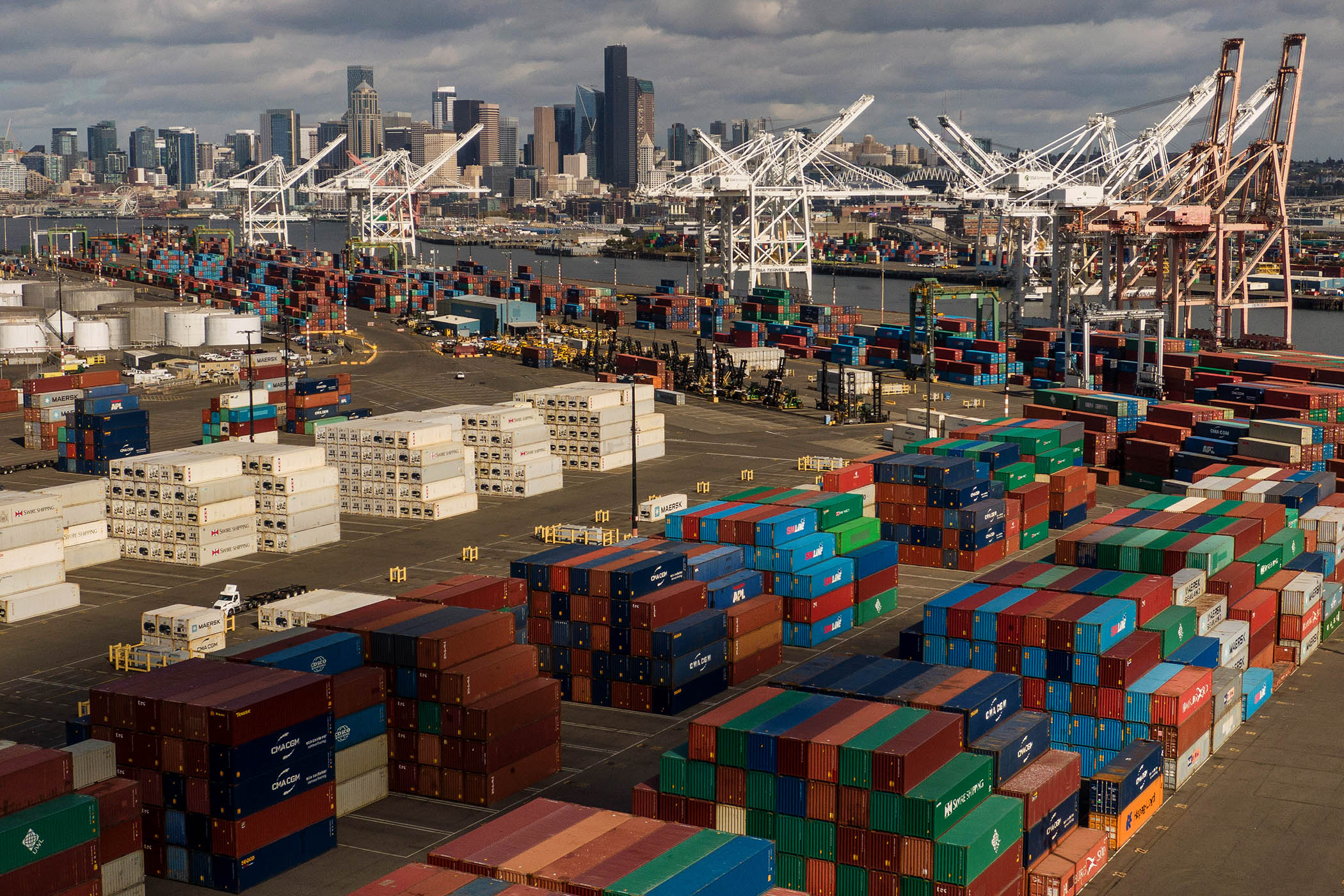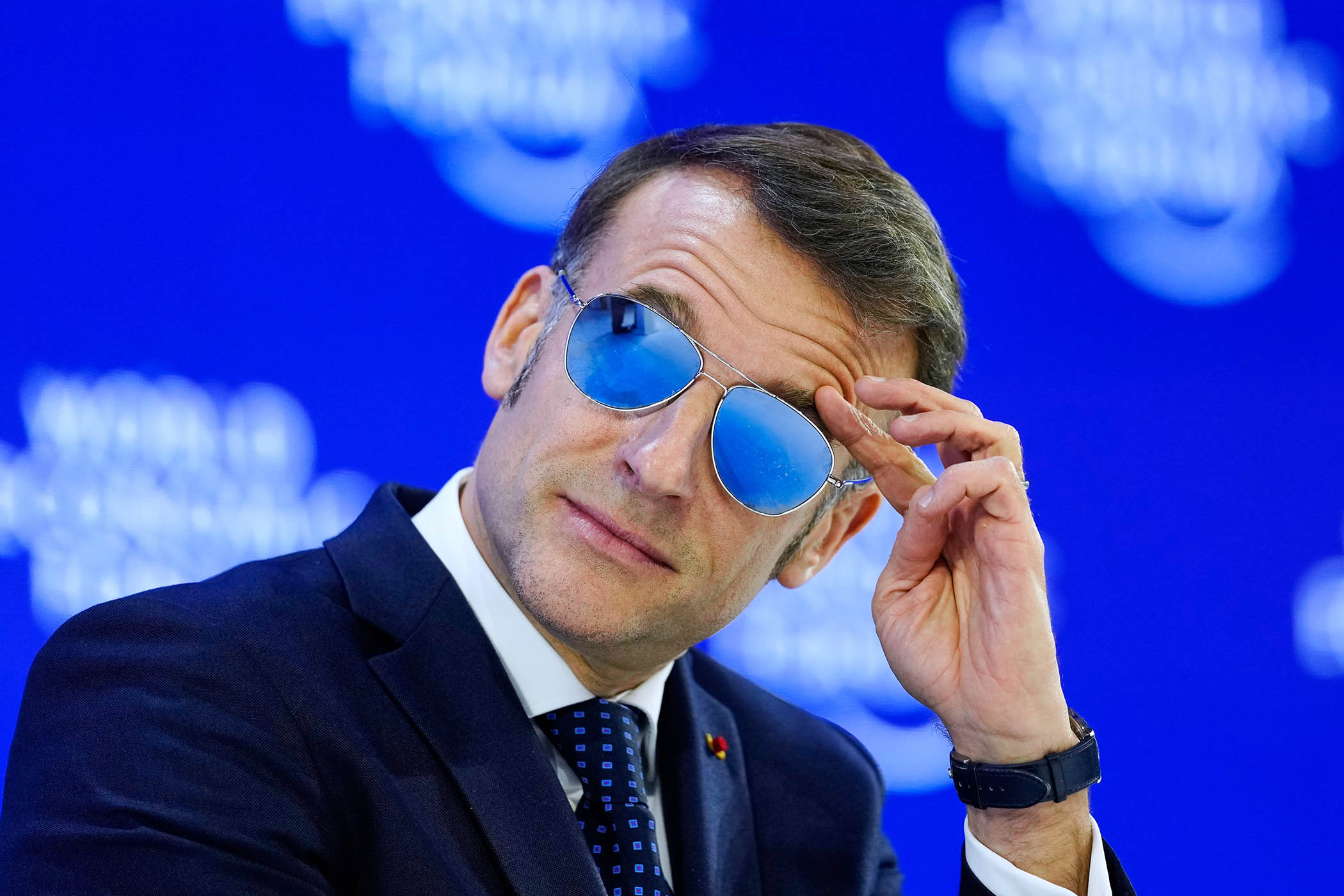This year’s Nobel prize winners in economics were celebrated for their work on how countries achieve sustained growth through technological progress and creative destruction. The winners – Joel Mokyr, who I have known since I was a graduate student, Philippe Aghion, who taught me when I was a graduate student, and Peter Howitt are all fine economists and worthy winners.
And yet for all we economists know more than ever about sustained economic growth, there is less growth in developed and developing countries than ever before. That is particularly true in Britain, where productivity growth has been flat for approaching 20 years. We have become the new Japan, perhaps destined to grow old without the money to pay for that demographic change.
In part, we economists can be smug and say: “I told you so.” We said Brexit would make the UK poorer, and that has happened. Treasury economists surely told the chancellor last year that if she both raised the minimum wage disproportionately for young people, and raised employers’ national insurance contributions disproportionately for young people, employment rates for young people would fall. If they didn’t, they need to examine their consciences, and their textbooks.
But humility is also in order. The economic devastation predicted to ensue from Argentinian president Javier Milei’s “chainsaw austerity” has not (yet) come to pass.
Economists were also confident that Donald Trump’s re-election would be bad news for the US economy. We were confident that his declared position on tariffs would see US inflation rise, GDP fall, and stock markets suffer.
US inflation has risen a fraction, but 3% is hardly shocking. US growth prospects remain robust, for this year and beyond
US inflation has risen a fraction, but 3% is hardly shocking. US growth prospects remain robust, for this year and beyond
For sure, US inflation has risen a fraction, but 3% is hardly shocking. Most of the rise comes from food and energy, which while politically important, are not the things on which the US president has slapped tariffs. US growth prospects remain robust, for this year and beyond. The S&P 500 is up 18% and the Nasdaq up a remarkable 28% since Trump’s re-election. As US treasury secretary Scott Bessent remarked to the Financial Times with some justification, critics – including plenty of economists – have “just been wrong”.
Economists should accept two things. First, we cannot predict the short-term future for smaller economies, and should stop trying. These places are too vulnerable to the political actions of larger nations. Small includes Canada, which – unless Mark Carney is willing to restrict Canadian energy supplies to the US north-east – is entirely at Trump’s mercy. Small also includes the UK. If Europe decides to put a tariff on steel or cars, or pretty much anything else that we export, our economy is in trouble. Mark Carney was right to warn that if Brexit happened, we would need to rely on the “kindness of strangers”.
Second, we need to accept just how much what Keynes called “animal spirits” matter. If US investors believe in the AI hype, and are willing to put their money where their mouths are, the US will have an investment-led economic boom. Perhaps in due course it will turn to dust, perhaps it will not, but in the short term those animal spirits are outweighing anything Trump is doing. Individuals’ beliefs are more powerful than government mistakes.
And yet for all that, US economists will have the last laugh, although it will be a hollow one. Tariffs do disrupt trade, and raise costs. Sooner or later, that will feed through into higher prices for American consumers, which will make Americans poorer. Economists were right about Brexit, and they will be right about tariffs. Populism is not economically sensible, it never has been, and it never will be. We can only hope that when that becomes apparent, the world reverts to more sensible economics, rather than doubles down on economically illiterate populism.
Tim Leunig is director of economics at the consultancy Public First
Newsletters
Choose the newsletters you want to receive
View more
For information about how The Observer protects your data, read our Privacy Policy
Photograph by David Ryder/Bloomberg via Getty Images



